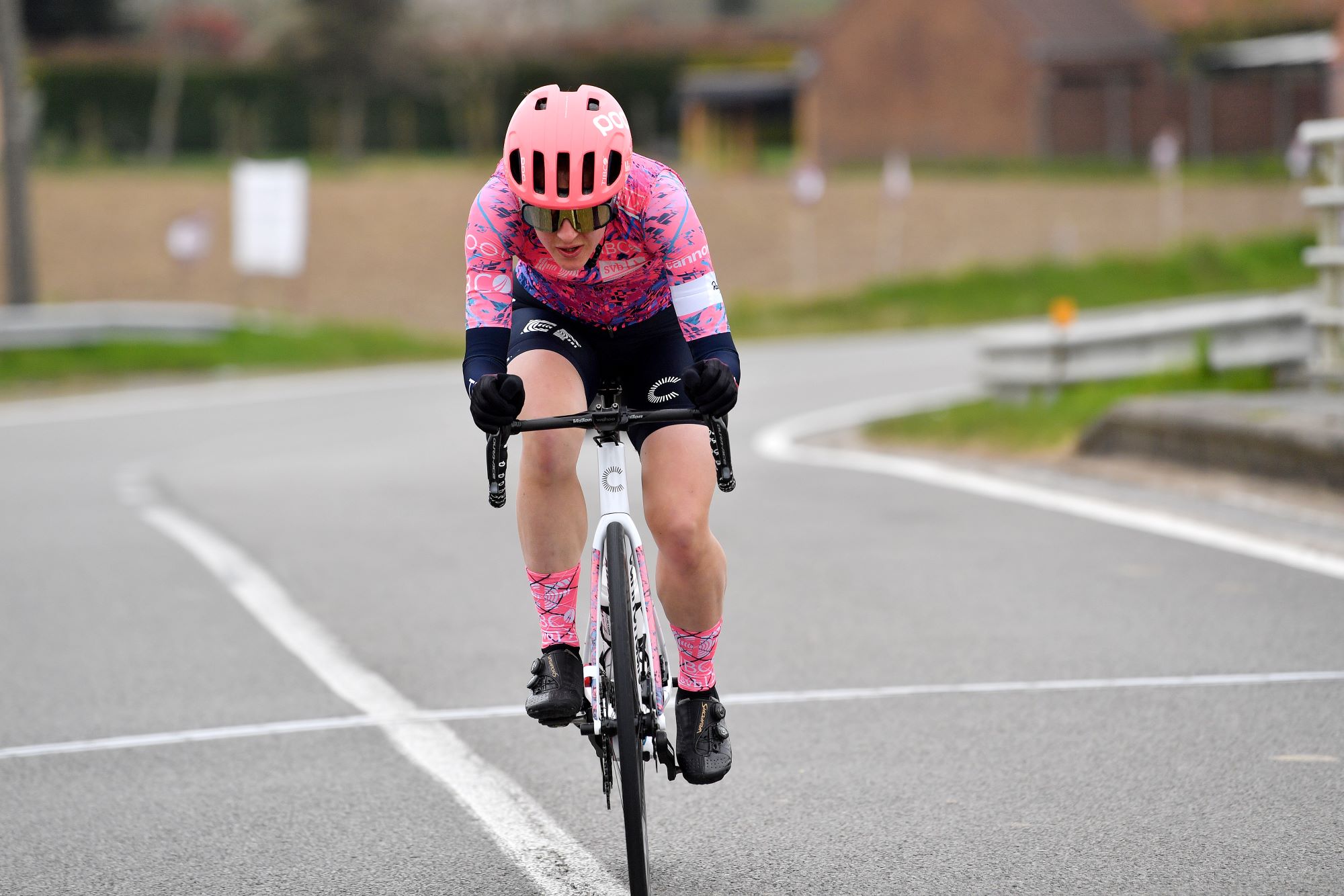
Lizzy Banks has said that she is "bitterly disappointed" that the World Anti-Doping Agency [WADA] has decided to appeal the landmark "No Fault or Negligence" ruling handed to her by UK Anti-Doping [UKAD] after her nine month anti-doping case.
Speaking to The Telegraph, Banks revealed that she had been informed that WADA had made the decision to appeal UKAD’s ruling and that the case will now be heard at the Court of Arbitration for Sport in Lausanne, Switzerland. She also explained that she was still yet to learn of WADA’s grounds to launch an appeal, or even a date in which her case will be heard in court.
Last month, it was revealed that the 33-year-old was informed in July 2023 by UKAD that she had returned two adverse analytical findings (AAFs); one for formoterol, an asthma medication she had been taking, and one for chlortalidone, a diuretic she had never heard of, present only as a small trace.
Initially, Banks faced a two-year ban, but after providing an abundance of her own medical research, UKAD made a momentous U-turn. The organisation issued a landmark first 'No Fault of Negligence' finding, meaning Banks received no sanction.
She is now trying to work out how the case will play out.
"I spent the whole of Wednesday afternoon trying to get in contact with them or somebody to work out how [the appeal] worked," Banks told The Telegraph. "I eventually got hold of WADA's lawyers. They said that they would call me back. They didn’t. I then emailed. They also didn’t respond. Then on Thursday, around two o’clock, I received a procedural document from the Court of Arbitration for Sport, laying out when some things needed to happen. It still didn’t say the basis for WADA's appeal.
"The whole process is ridiculous. WADA now has 10 days in order to file their case to the Court of Arbitration for Sport. And in this 10-day period, UKAD and I, who are now on the same team effectively, we have to jointly nominate an arbitrator from a list of 421 arbitrators. But how are we supposed to nominate an arbitrator if we don’t know what the basis of WADA's appeal is?"
Banks had instructed lawyers and carried out rigorous medical research, leaning on her previous training as a doctor. The process, she said, cost her "well over €40,000", and left her with suicidal thoughts.
"My husband and I spent every penny of our savings and the huge mental toll has left deep scars," Banks wrote last month. "My mental health was shattered. I was a complete wreck."
She will now represent herself in court due to being unable to afford lawyers. She said that both UKAD and WADA had appointed legal teams that cost as much as £600 an hour, and that the money being spent was "a huge waste of public funds" due to the anti-doping system itself being the central issue.
"WADA knows this. They’ve known for years that there was a problem," she said. "They created a Contaminants Working Group a few years ago, but they haven’t addressed any of the real issues. We know that many, many, many athletes have been given sanctions for something that they couldn’t possibly have avoided.
"In the statement from CAS, it says I need to tell CAS whether or not I’m happy to 'pay their respective shares of the advanced costs'. But I don’t know how I can."
"I’m bitterly disappointed, of course, that they have appealed," she added. "But at the same time, I’m completely unsurprised. From my experience, it fits WADA's approach to the evolution of anti-doping rules in response to science and environmental conditions. That the best way to deal with something is to just bury their head in the sand and carry on."
Banks has now retired from professional cycling, but said that she is determined to make a difference with her case and ensure that the rules are changed.
"They cannot get away with treating people like this," she said. "It is really inhumane.
"The only silver lining is that I now get my day in court. Somebody commented on my Instagram, after I said 'They picked on the wrong person'. 'Actually, they picked on the right person.' I hope so."
WADA's response
In a statement last month, WADA said that the case was a "complex and nuanced area" and that a review would be carried out to ensure that Banks’ case had been "dealt with appropriately under the rules."
WADA said: "The issue of possible contamination is real and one that WADA is addressing. The WADA Contaminants Working Group was created for the purpose of providing expert advice and recommendations with regards to prohibited substances that can be prevalent contaminants, based on the best available scientific evidence. The group contains many experts in this field from different parts of the world.
"Over the years, the minimum reporting limits for various substances have been adjusted to ensure fairness for athletes who unintentionally ingest a prohibited substance, while protecting against those who would cheat the system. Moreover, the Code has, through its various editions, adopted an increasingly flexible and tailored sanction regime that aims to impose appropriate consequences to reflect the nature of the anti-doping rule violation.
"A specific provision was introduced to allow greater flexibility for cases involving contaminated products. This is a complex and nuanced area of anti-doping in which WADA always strives to strike the right balance for the good of athletes and clean sport."







